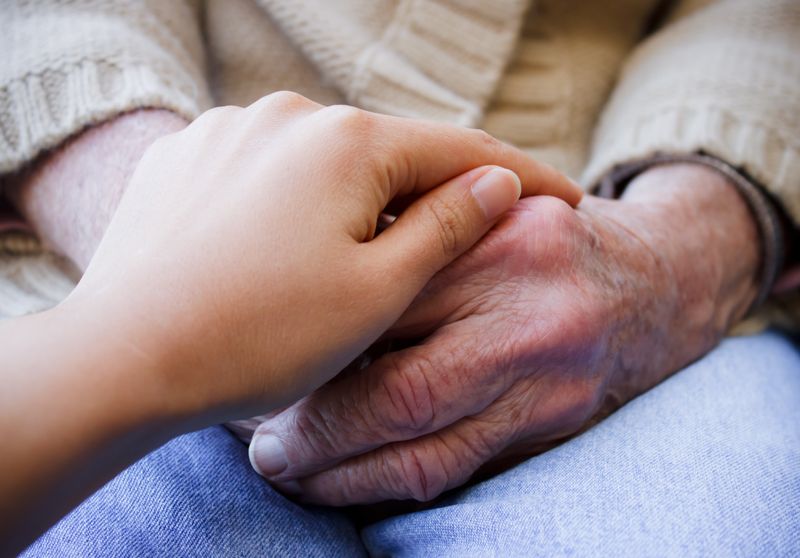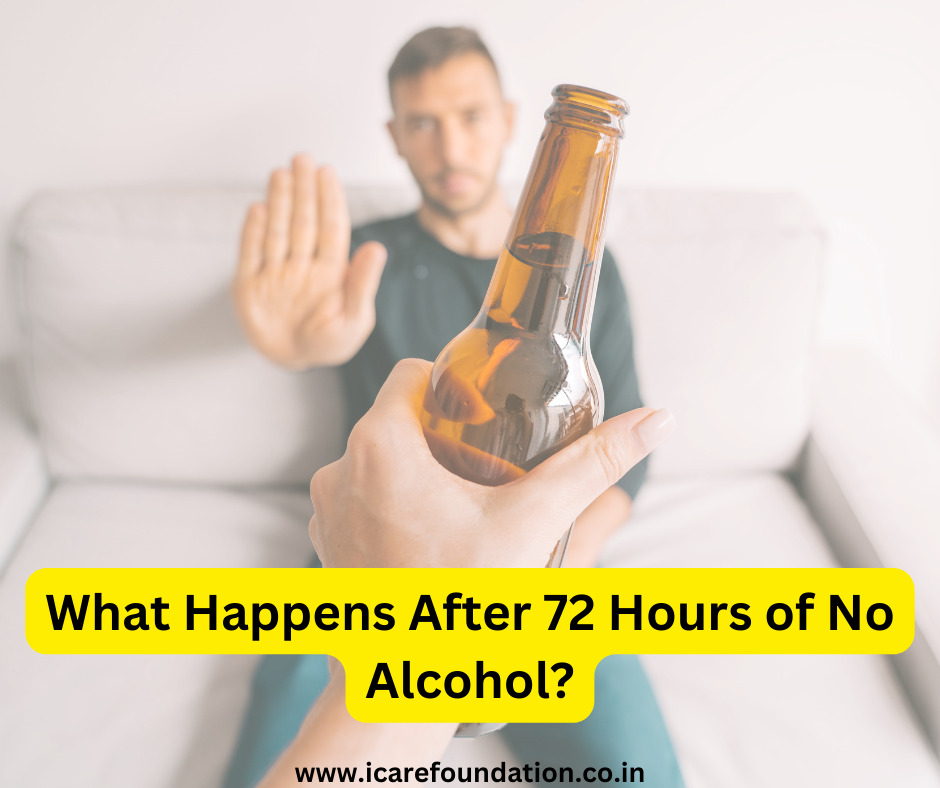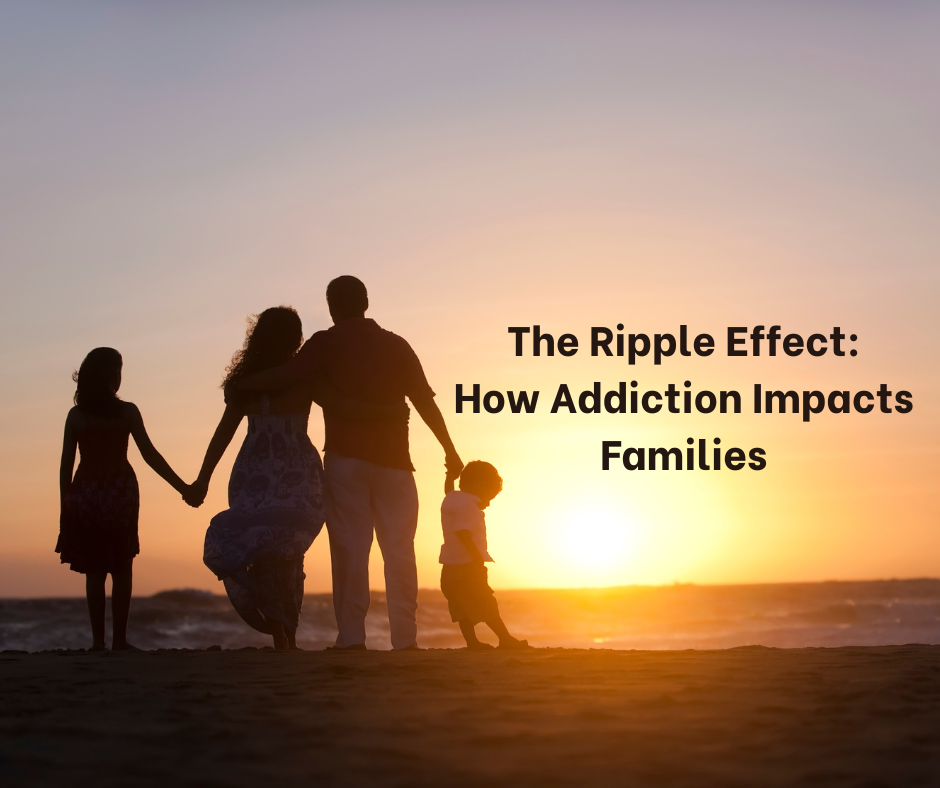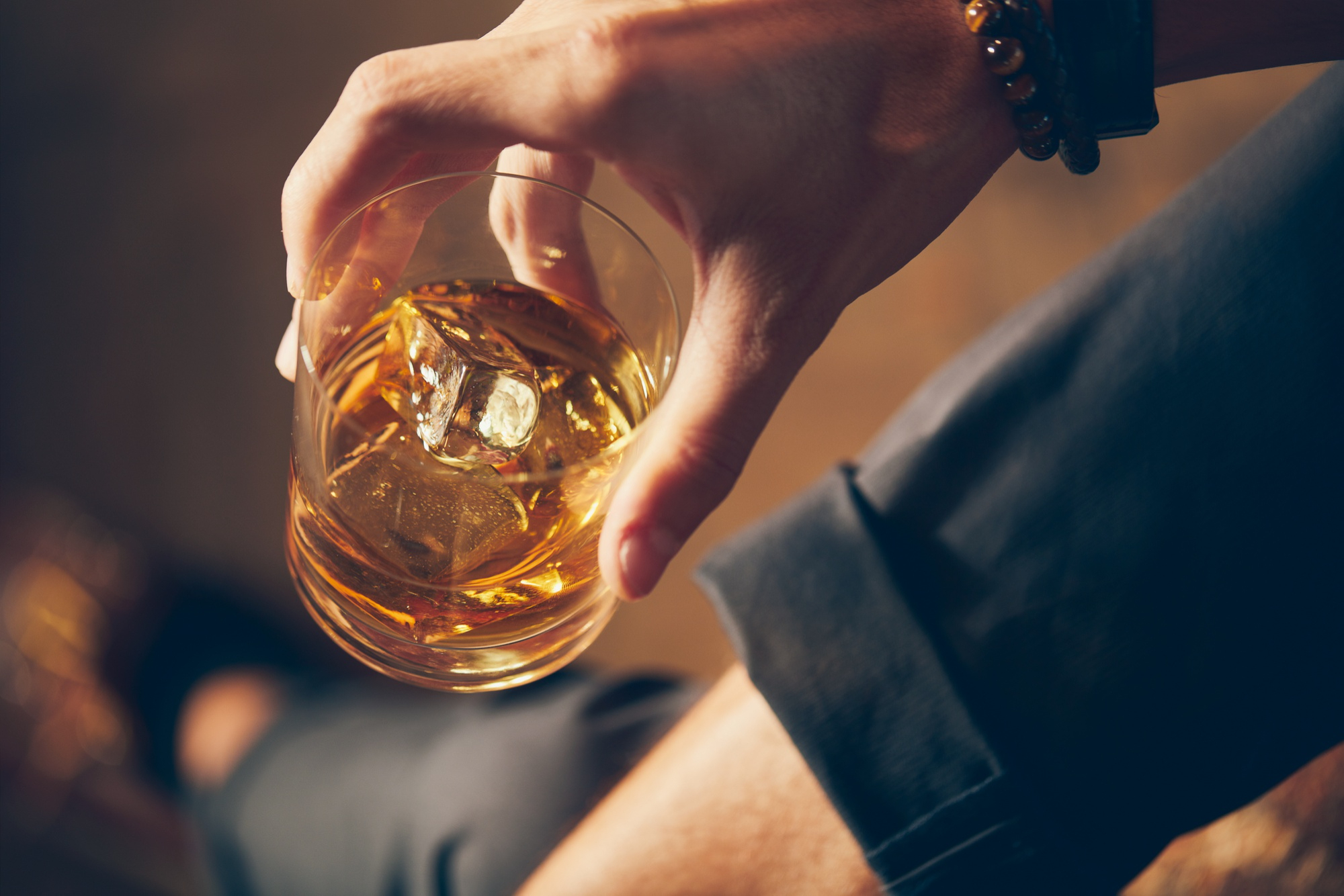Addiction is a complex disease that affects individuals physically, mentally and emotionally. Due to its complexity, it requires a diverse set of addiction treatment strategies. This blogpost will discuss on various addiction treatment modalities and therapies to provide you with a better understanding of how each approach can contribute to the recovery journey.
Traditional Treatment Modalities
Detoxification (Detox)
The first step in overcoming physical dependency, detox, involves eliminating substances from the body under medical supervision. This process is crucial due to the potential severity of withdrawal symptoms.
Behavioral Therapies
Behavioural therapies form the backbone of addiction treatment, focusing on modifying harmful behaviours and thought patterns.
- Cognitive Behavioral Therapy (CBT): CBT helps individuals identify and challenge negative thoughts and behaviours, helping them develop healthier coping mechanisms.
- Motivational Interviewing (MI): This approach enhances motivation to change by resolving ambivalence.
Medication-Assisted Treatment (MAT)
MAT is the use of medications, in combination with counselling and behavioural therapies, to treat substance use disorders. It is particularly effective for opioid, alcohol and nicotine addiction, helping to manage withdrawal symptoms and reduce cravings.
Holistic and Innovative Therapies
Nutritional Therapy
A balanced diet is essential for recovery. It helps repair the body, improve mood and reduce cravings. Nutrition plans are personalized to address specific deficiencies and support overall health.
Exercise and Physical Activity
Regular exercise boosts mood, reduces stress, and promotes physical health. Activities like yoga also incorporate mindfulness, aiding emotional regulation and recovery.
Mindfulness and Meditation
These practices foster present-centred awareness and acceptance, invaluable for managing cravings and emotional challenges.
Complementary Therapies
Innovative therapies such as acupuncture, art therapy and equine therapy offer additional support, reducing stress, fostering self-expression and promoting emotional healing.
Creating Personalized Health Plans
The most important part of effective addiction treatment is personalization. A comprehensive assessment of an individual’s health history, addiction severity, personal preferences and lifestyle is essential. This approach not only addresses addiction but also helps in enhancing the overall well-being, resilience and long-term recovery.
Conclusion
By integrating traditional treatments with personalized lifestyle changes, individuals can navigate a more comprehensive and effective path toward health and wellness. Remember, each person’s road to recovery is unique and finding the right combination of treatments and support is key to achieving lasting change.
Get help from ICare Foundation – Best Rehabilitation Centre in Mumbai for Addiction Treatment. Get Directions to I Care Foundation – Best Addiction Treatment Centre in Mumbai.


